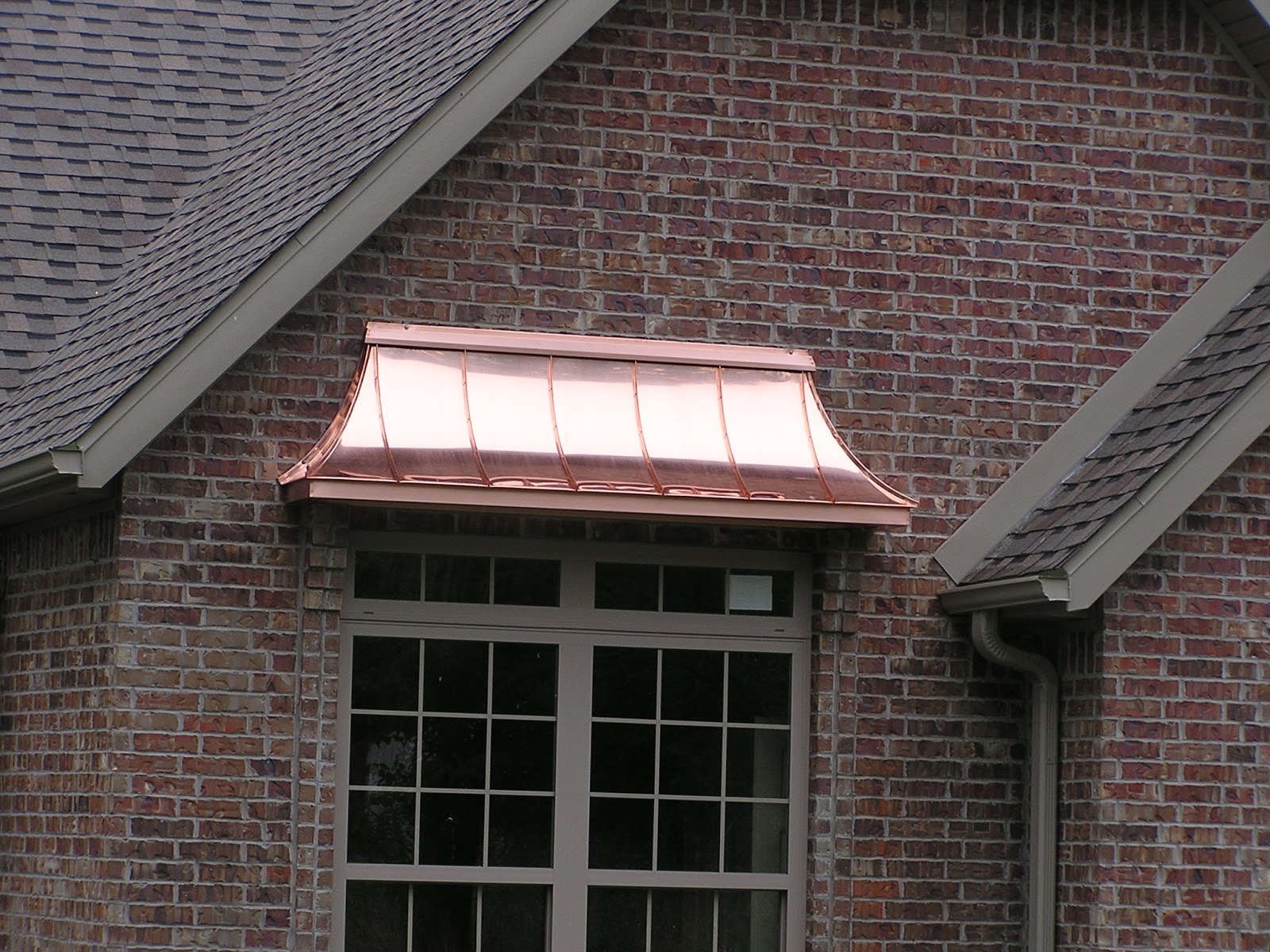When it comes to enhancing the aesthetic appeal and functionality of your home, copper awnings stand out as a premium choice. The unique charm and durability of copper make it an excellent investment for homeowners looking to add value to their property while ensuring long-lasting protection from the elements. In this comprehensive guide, we will explore everything you need to know about copper awnings, from their benefits to installation and maintenance tips.
Copper awnings have been used for centuries, providing not only shelter but also adding a touch of elegance to buildings of all styles. Their distinctive, warm hue and ability to develop a patina over time make them a favored option among architects and homeowners alike. In this article, we will delve into the various aspects of copper awnings, including their history, features, and how they compare to other materials.
Whether you are considering installing a copper awning for your home or simply curious about this timeless architectural feature, this guide will provide you with expert insights and practical information. Read on to discover why copper awnings are an excellent choice for your next home improvement project.
Table of Contents
- History of Copper Awnings
- Benefits of Copper Awnings
- Design Options for Copper Awnings
- Installation Process
- Maintenance Tips for Copper Awnings
- Cost Considerations
- Copper Awnings vs. Other Materials
- Conclusion
History of Copper Awnings
The use of copper in architecture dates back thousands of years, with its application seen in ancient structures across different civilizations. Copper awnings became popular in the 19th century, particularly in Europe and the United States, where they were often used in high-end residential and commercial buildings. Their durability and resistance to corrosion made them an ideal choice for awnings, providing shade and protection while enhancing the beauty of the structure.
Evolution Over Time
Initially, copper awnings were primarily functional, serving to protect doorways and windows from the elements. However, as architectural styles evolved, so did the use of copper awnings. They began to be designed as decorative elements, incorporating intricate details that complemented the overall design of the building.
Benefits of Copper Awnings
Copper awnings offer a variety of benefits that make them a desirable addition to any home. Here are some of the key advantages:
- Durability: Copper is highly resistant to corrosion, ensuring that your awning will withstand the test of time.
- Aesthetic Appeal: The warm tones of copper add a touch of elegance and sophistication to any property.
- Low Maintenance: Copper awnings require minimal maintenance compared to other materials.
- Energy Efficiency: Awnings can reduce energy costs by providing shade and reducing indoor temperatures.
- Increased Property Value: Installing a copper awning can enhance your home’s curb appeal and overall value.
Design Options for Copper Awnings
Copper awnings come in a variety of designs, allowing homeowners to choose an option that best suits their style and needs. Some popular design options include:
Custom Shapes and Sizes
One of the advantages of copper awnings is their versatility in terms of shape and size. Whether you need a small awning over a window or a large structure covering a patio, copper can be molded to fit your specifications.
Decorative Features
Many homeowners opt for decorative elements such as scrollwork, brackets, or unique mounting techniques to further enhance the aesthetic appeal of their copper awnings.
Installation Process
The installation of copper awnings requires careful planning and execution. Here are the key steps involved:
- Site Assessment: Assess the area where the awning will be installed to ensure proper measurements and placement.
- Framework Construction: Construct a sturdy framework to support the copper awning.
- Mounting the Awning: Securely mount the awning to the structure, ensuring it is level and properly supported.
- Finishing Touches: Add any decorative elements and ensure all seams are sealed to prevent water infiltration.
Maintenance Tips for Copper Awnings
To keep your copper awning looking its best, regular maintenance is essential. Here are some tips:
- Clean Regularly: Use a mild soap and water solution to clean the surface of the awning.
- Inspect for Damage: Regularly check for any signs of wear or damage, and address issues promptly.
- Patina Management: If you prefer the original color of copper, consider applying a protective sealant.
Cost Considerations
The cost of installing a copper awning can vary significantly depending on several factors, including size, design complexity, and labor costs. On average, homeowners can expect to pay between $1,500 and $5,000 for a custom copper awning.
Copper Awnings vs. Other Materials
When comparing copper awnings to other materials such as aluminum or fabric, several factors come into play:
- Durability: Copper outlasts both aluminum and fabric, making it a more cost-effective long-term investment.
- Aesthetics: The unique look of copper is hard to replicate, giving it an edge in curb appeal.
- Maintenance: Copper requires less upkeep compared to fabric, which may need frequent replacement.
Conclusion
In summary, copper awnings are an excellent addition to any home, offering a blend of beauty, durability, and functionality. With their rich history and numerous benefits, they can significantly enhance the value and appeal of your property. If you are considering upgrading your home’s exterior, a copper awning could be the perfect solution. We invite you to leave your comments below, share this article, or explore more of our content for additional home improvement ideas.
Sources
For more information on copper awnings and their benefits, consider visiting reputable sources such as:
- The Copper Development Association
- Architectural Digest
- Home Improvement Research Institute
Who Is Pastor Eric John’s Wife? Unveiling The Personal Life Of A Renowned Pastor
Finding The Best Eyebrow Tattoo Near Me: A Comprehensive Guide
Exploring The George & Cynthia Woods Mitchell Library: A Comprehensive Guide


